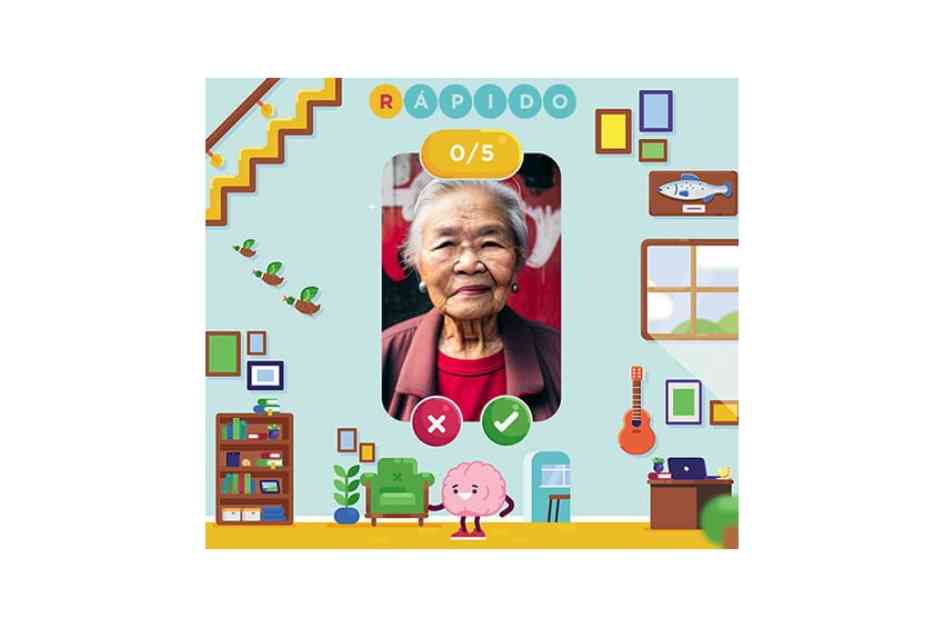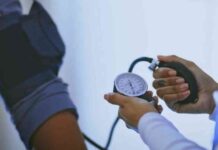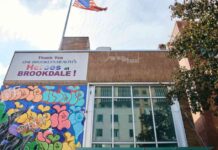The American Stroke Association, a division of the American Heart Association, is making significant strides in promoting equitable health and stroke awareness within the Hispanic and Latino communities in North Texas. With the launch of a new culturally relevant Spanish-language website, DerrameCerebral.org, the Association aims to address the disproportionate impact of stroke on Hispanic individuals, particularly Hispanic women and men.
The Importance of Stroke Awareness in the Hispanic Community
Stroke is the fifth-leading cause of death in the United States, but it holds a higher ranking within the Hispanic population, standing as the third leading cause of death among Hispanic women and the fourth among Hispanic men. These disparities stem from various factors such as unmanaged health risk factors, limited access to healthcare, lower health literacy rates, cultural barriers, and socioeconomic determinants of health. The American Stroke Association recognizes the urgency of addressing these issues to ensure better health outcomes for Hispanic and Latino communities.
Community Impact Efforts in North Texas
In response to these challenges, the American Heart Association in North Texas has been proactive in implementing evidence-based blood pressure programs in clinics across the Dallas-Fort Worth metroplex. Additionally, the establishment of three new Blood Pressure Community Hypertension Stations has provided individuals with the opportunity to monitor their blood pressure and receive necessary medical attention promptly. These initiatives are crucial in addressing the underlying health conditions that contribute to the risk of stroke within the Hispanic community.
Enhancing Access to Stroke Prevention Resources
The launch of the DerrameCerebral.org website signifies a significant step towards providing accessible resources on stroke prevention, risk factors, warning signs, treatment, and recovery for North Texans. Specifically tailored to meet the needs of the Hispanic and Latino community, the website offers a digital series of games and activities known as the R.Á.P.I.D.O. Experience. This interactive platform aims to educate users on recognizing the warning signs of a stroke and provides essential information for survivors, caregivers, and healthcare professionals.
Dr. Bharath Thankavel, a member of the Association’s Dallas Board of Directors, emphasizes the critical role of timely intervention in stroke cases. He highlights the importance of addressing the language barriers that often hinder prompt medical attention in the Hispanic and Latino community. By educating individuals on life after a stroke and strategies for prevention, the Association strives to pave the way for a healthier future for all members of the community.
Collaboration for Better Health Outcomes
Medical City Healthcare, supported by the HCA Healthcare Foundation, plays a vital role in supporting the American Heart Association’s initiatives in stroke prevention across Dallas, Fort Worth, and surrounding counties. The collaborative efforts of these organizations underscore the commitment to expanding outreach to communities at a higher risk of stroke and cardiovascular issues. As the Association commemorates 100 years of service, the focus on cultural relevance and community engagement remains central to achieving better health outcomes for all individuals.
Recognizing the Signs of a Stroke
To raise awareness about stroke symptoms and the importance of immediate medical attention, the American Stroke Association introduced the R.Á.P.I.D.O. campaign. This campaign features a mnemonic that helps individuals remember the warning signs of a stroke:
– R – Rostro caído (Face drooping)
– Á – Álteración del equilibrio (Loss of Balance, or Lack of Coordination)
– P – Pérdida de fuerza en el brazo (Arm weakness)
– I – Impedimento visual repentino (Sudden vision difficulty)
– D – Dificultad para hablar (Slurred or Strange Speech)
– O – Obtén ayuda, llama al 911 (Get help, call 911)
By spreading awareness about these warning signs and encouraging individuals to seek immediate medical assistance, the Association aims to reduce the impact of strokes within the Hispanic and Latino communities.
Empowering the Hispanic Community
The Dallas and Fort Worth divisions of the American Heart Association are enthusiastic about the launch of the new Spanish-language website, which provides valuable tools and resources to support the Hispanic and Latino community. By leveraging cultural relevance and community engagement, the Association seeks to empower individuals with the knowledge and resources needed to prevent, treat, and overcome the challenges associated with stroke.
Continued Commitment to Health Equity
As the American Heart Association celebrates its 100th year of service, the organization remains steadfast in its commitment to advancing health equity and improving the overall well-being of individuals across diverse communities. Through collaborative efforts, innovative research, and advocacy for public health, the Association continues to be a leading source of health information and support for individuals seeking to lead healthier lives.
Get Involved in Stroke Prevention Efforts
For organizations interested in joining the efforts to prevent, treat, and beat stroke in North Texas, reaching out to Jenny Ever, VP of Health Strategies at jenny.eyer@heart.org, is a valuable step towards making a positive impact in the community. By working together with key volunteers and organizations, the American Heart Association aims to create a healthier future for all individuals in the region.
Conclusion
In conclusion, the launch of the DerrameCerebral.org website by the American Stroke Association represents a significant milestone in promoting stroke awareness and prevention within the Hispanic and Latino communities in North Texas. Through culturally relevant resources, community engagement, and collaborative efforts, the Association is working towards reducing the impact of strokes and improving health outcomes for all individuals. As we look towards a future of better health and well-being, it is essential for communities to come together, educate themselves on stroke prevention, and take proactive steps towards leading healthier lives.


















